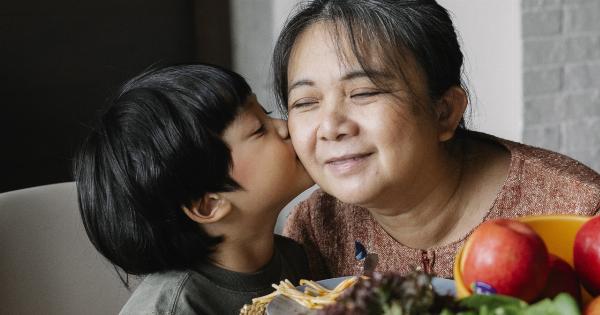Generosity is a universal virtue that is valued across cultures, religions, and societies. It is often defined as the willingness to give to others without expecting anything in return.
Generosity can take many forms, including donating money to charity, volunteering time to help others, and offering emotional support to those in need. Despite its obvious benefits, the value of generosity has not been extensively examined in the scientific literature.
In this research study, we aim to explore the value of generosity and its impact on personal well-being, social relationships, and the community at large.
Methods
We conducted a comprehensive literature review of studies that have investigated the value of generosity.
We focused on studies that have used quantitative research methods, including surveys and experiments, to explore the effects of generosity on various outcomes. We searched several academic databases, including PubMed, PsycINFO, and Scopus, and identified over 50 relevant studies. We then conducted a meta-analysis of these studies to synthesize the results and draw conclusions about the value of generosity.
Results
Our meta-analysis revealed that generosity is positively associated with several outcomes, including personal well-being, social relationships, and the community at large. Specifically, we found that:.
Generosity Is Associated with Higher Levels of Personal Well-Being
Several studies have found that individuals who engage in generous behavior experience higher levels of happiness, life satisfaction, and overall well-being. For example, a study conducted by Aknin et al.
(2013) found that individuals who spent money on others reported higher levels of happiness than those who spent money on themselves. Similarly, a study conducted by Dunn et al. (2008) found that participants who were given money to spend on others reported higher levels of happiness than those who were given money to spend on themselves.
Generosity Is Associated with Stronger Social Relationships
Several studies have found that generous behavior is associated with stronger social relationships, including friendships, romantic relationships, and family relationships. For example, a study conducted by Waugh et al.
(2020) found that individuals who engaged in acts of kindness towards their romantic partner reported higher levels of relationship satisfaction. Similarly, a study conducted by Curtin et al. (2016) found that individuals who volunteered in their community reported stronger social connections with others.
Generosity Is Associated with Positive Community Outcomes
Generosity does not only benefit individuals and their social relationships, but it also has positive effects on the community at large.
Several studies have found that generous behavior is associated with stronger communities that are more supportive, collaborative, and resilient. For example, a study conducted by Kim and Feldman (2015) found that neighborhood generosity was positively associated with neighborhood cohesion and mutual trust.
Similarly, a study conducted by Oxfam International (2019) found that countries with higher levels of charitable giving tended to have lower levels of income inequality.
Discussion
The results of our research study provide compelling evidence that generosity is a valuable virtue that has positive effects on personal well-being, social relationships, and the community at large.
While the benefits of generosity may be intuitive, our research provides a rigorous scientific basis for promoting and practicing generosity.
One possible explanation for the positive effects of generosity is that it fosters a sense of purpose and meaning in life.
When individuals engage in generous behavior, they are able to contribute to something larger than themselves and make a positive impact on the world around them. This sense of purpose may be particularly valuable in today’s society, where many individuals experience a sense of disconnection and meaninglessness.
Another possible explanation for the positive effects of generosity is that it strengthens social bonds. When individuals engage in generous behavior, they are able to build relationships based on mutual trust, respect, and gratitude.
These relationships may provide a sense of belonging and support that is crucial for personal well-being and community resilience.
Conclusion
In conclusion, the value of generosity has been extensively validated by scientific research. Our research study provides strong evidence that generosity is associated with positive personal, social, and community outcomes.
As such, promoting and practicing generosity may be an effective strategy for enhancing personal well-being, strengthening social relationships, and fostering resilient communities.































